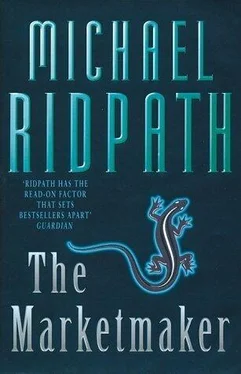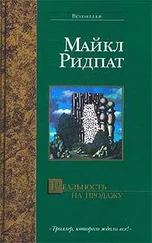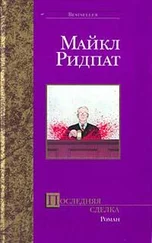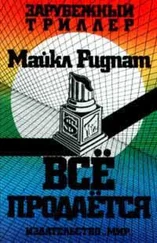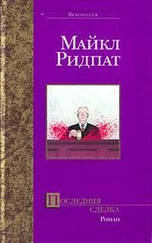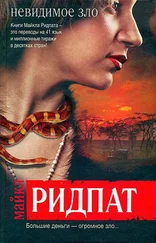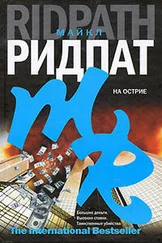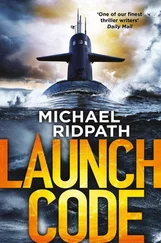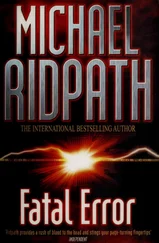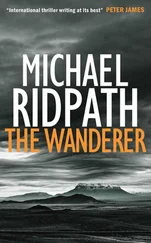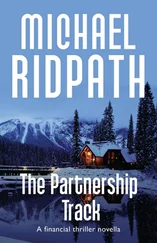We hauled the junior Francisco out of the boot of the car, gave him some water, gagged him, bound his hands, and then stuffed him back in.
His cheek was swollen where he had bumped it on the steering wheel of the Renault when we had snatched him, but his mouth had long ago stopped bleeding. His eyes were wide with fear, and he babbled pleas in Portuguese. I felt sorry for the kid. It wasn’t really his fault that Francisco was his father. But, if all went well, he would be released soon.
We waited. Ronaldo smoked endless cigarettes, and Nelson borrowed a couple from him.
‘I didn’t realize you smoked,’ I said.
‘I don’t,’ he replied.
Cordelia called to say that Francisco was two kilometres away. She had delayed saying exactly where he was to stop until she knew he was almost there.
Nelson pulled out his binoculars and trained them on the petrol station.
Within five minutes a blue car pulled up. It parked on the forecourt, and sent the petrol pump attendant away. No one got out, but I could see there was only one occupant. We waited another ten minutes to make sure Francisco was unaccompanied, and then Nelson started the engine, and drove the car down the hill.
As we neared the petrol station we could see Francisco in the front seat of his car, looking at his watch and then at us. Nelson swung into the forecourt, and we parked right next to him.
Nelson and I got out of the car, as did Francisco. He was hot: beads of sweat oiled his bald brow, giving it a grimy shine. He had never seen Nelson before, but he recognized me. He was about to say something, but then thought better of it. He still didn’t know how much we knew.
‘Thank you for coming,’ I said. ‘Do you mind if we search you and your car?’
‘Yes, I do!’ protested Francisco, but Nelson flung the heavier man against the car and frisked him. Francisco struggled briefly, and then held still. I bent down and quickly searched the car. There was a gun in the glove compartment, which I handed to Ronaldo.
When Nelson finished his search, Francisco turned and glowered at us. ‘Where’s my son?’ he demanded.
Nelson beckoned to him to follow him round to the back of our car, and unlocked the boot. Francisco junior was writhing and grunting, but when he saw his father he stopped, his eyes full of alarm.
‘You can’t keep him there! Let him out!’ growled Francisco.
‘We will,’ I said. ‘In good time. But first come with us. We’ll take your car.’
I sat in the back with Francisco, and waited while Nelson quickly handed the petrol pump attendant some banknotes to add to those he had given him earlier. Then he climbed into the driver’s seat and drove off. Behind us were Ronaldo and Euclides, with Francisco junior still in the boot.
We drove back the way we and Francisco had come, and after a few kilometres took a turning to the left towards Sao Jose. Francisco watched the road ahead grimly, his thin lips pursed, his brow and shirt damp. He didn’t say anything.
As we made our way further into the hills, the sky became greyer and the sun disappeared. We were driving up a broad valley, with a river rushing down its centre. There was farmland on either side, and every few kilometres we came across a village. Further up the hillsides were dense trees. I was reminded of my night blundering through the Tijuca forest.
We soon reached Sao Jose, and turned left up the narrow road Euclides had shown us the day before. We drove past the second farm and stopped. Above us, about a quarter of a mile away at the end of the road, was the farmhouse where Isabel was being kept. Above that, pasture turned into trees and rock-face, as the valley melted into the mountainside.
I opened the door of the car and motioned for Francisco to get out.
It was cooler up here. The grass and poorly tarmacked road were glistening with moisture. A stream tumbled down under a small bridge a few feet in front of us, carrying the recent rain on its steep journey down to the Atlantic. There was little sound, the straining of a truck’s engine from the road up to Sao Jose below us, the urgent rushing of the water, and the occasional bleating from a group of bedraggled sheep further up the hill. The farmhouse behind us was quiet, and we couldn’t see any signs of life in the building above. Two large black raven-like birds circled over it, almost as though they were reconnoitring it for us.
‘Isabel Pereira is being held in that farmhouse up there,’ I said. ‘We want you to release her.’
Francisco, who had been silent since we had set off from the petrol station, chose this moment to protest.
‘I told you, I know nothing about her kidnapping! I can’t release her. Just give me my son back. Now!’
‘No, Francisco,’ I said, trying hard to keep my patience. ‘I want you to walk up to the house, and explain to those men that they should let Isabel free. We will have your son down here. As soon as she begins to walk down the hill to us, we’ll send him up. We give you our word that we won’t inform the police about any of this. You and whoever is up there with Isabel can go unharmed.’
‘You don’t listen to me!’ cried Francisco. ‘I don’t know anything about this!’
I interrupted him. ‘I’m sure you’ll think of something to persuade them to let her go. We’ll be waiting. Oh, and by the way, if Isabel isn’t making her way down that hill in ten minutes, we leave. With your son.’
‘What will you do with him then?’
‘We’ll leave that to Isabel’s father to decide when he returns. I don’t think he likes you very much. I doubt he’ll be sympathetic. Now, go!’
I pushed Francisco along the road towards the farmhouse.
He walked quickly up the hill, his arms swinging on either side of his ample backside. As he reached the house the door opened, and he disappeared inside.
That was a good sign. It meant that whoever was in there knew him. Although I hadn’t really believed Francisco’s protests, at the back of my mind I had been worried that perhaps he really had had nothing to do with Isabel’s kidnapping, and we had made some horrible mistake.
Nelson pulled Francisco filho out of the boot, and stood him upright in the middle of the road facing up towards the farmhouse.
We waited, Ronaldo, Nelson, me and the scared boy.
The two big black birds were joined by a couple more. A tractor drove up the road towards us from the village, but turned off into the first farm below. We were exposed here, exposed to local curiosity, and also to the kidnappers calling up reinforcements.
My eyes never left the door of the farmhouse. Although farmhouse was probably too grand a word for it. Peasant hovel was closer. It cannot have held more than two or three small rooms on each of its two floors. The walls were partially covered in white paint, which was peeling to reveal concrete underneath. I wondered what it would be like to be cooped up in there for two months. A red pick-up truck was parked next to it, presumably the one Euclides had hitched a ride in.
My nerves jangled. It wasn’t just the obvious fear that Isabel wouldn’t make it, though that was bad enough. After all this time, now that there was a good chance I would see her, I was nervous. What would she be like after so long in captivity? Would she be all right physically? Would she have suffered psychological damage? And what about me? How would she feel about seeing me again? Would she care? It was a selfish thought, but I realized that part of what scared me was the fear that, after all my efforts to set her free, I would discover that I meant nothing to her.
Where was she? I checked my watch. The ten minutes was up. It had taken Francisco a few of them to puff his way up the hill but, even so, he should have sent her out by now.
Читать дальше
